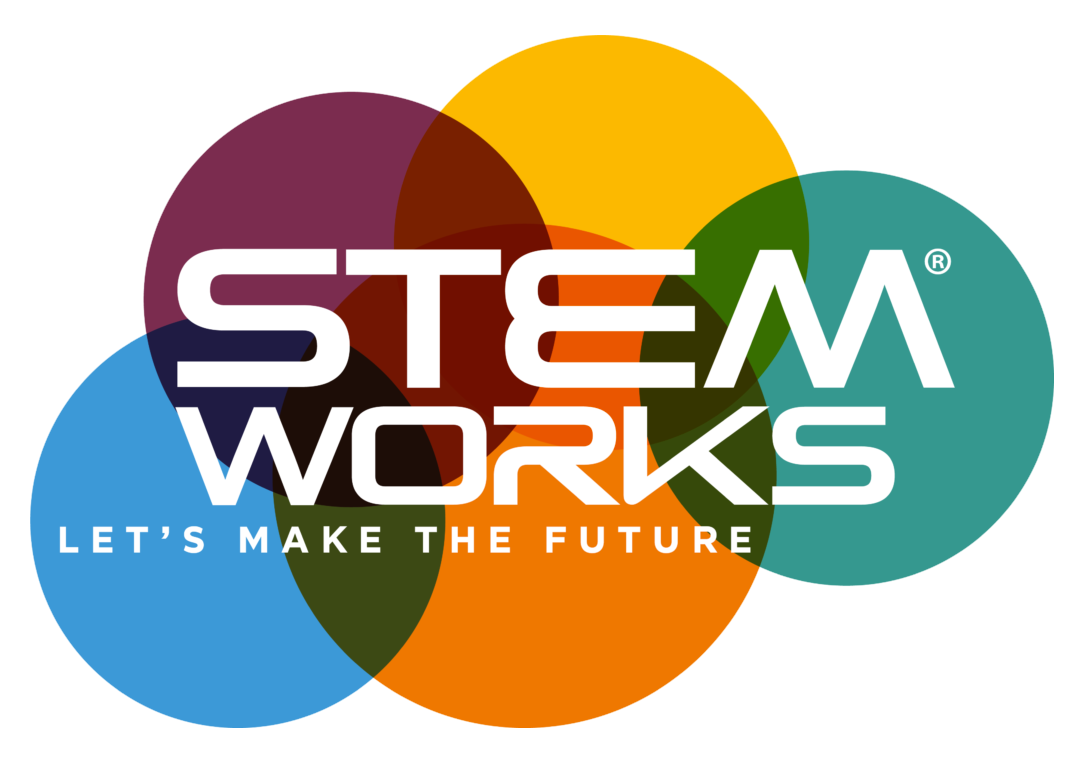Young Engineers Shine at Mazak’s Primary STEM Challenge 2024
Yamazaki Mazak hosted more than 80 Worcestershire primary school students from 46 schools as they put their design skills and ideas to the test in the Primary STEM Challenge final.
Held on Thursday 13 June, 2024, this event marked the third consecutive year in which the final was hosted at Mazak’s European Technology Centre, showcasing the depth of young engineering talent in the county. The STEM Challenge is an initiative designed to engage primary school students in hands-on activities and projects that promote interest and skills in science, technology, engineering, and mathematics.
Organised by STEMworks UK, this year’s brief was developed in partnership with Worcestershire Highways and focused on improving crossings at busy roads for pedestrians and cyclists.
The students were challenged to design a system for moving and installing a footbridge made from K’Nex, with each team given a simulated weight which should be able to move over a set height and distance.
As part of the day, the participants were also taken on a guided tour of Mazak’s European Technology Centre, which included the opportunity to help program some of the latest machine tools on display.
Sarah Lalor, from STEMworks UK, said: “I am always thrilled to be a part of these events. It is vital that we provide young children with the opportunities to develop the essential skills that spring out of STEM subjects. Without these skills, young people may struggle to adapt to the working world.
“Positive experiences like these finals are helping to ensure children have exposure to potential STEM careers to support the development of their skillsets and inspire them to work in a STEM field in the future.”
Max Jones, people development manager for Yamazaki Mazak UK, added: “The Primary STEM Challenge final has quickly become a mainstay in the Mazak calendar and it was an absolute pleasure to once again host students from across the county.
“Mazak has been part of the Worcestershire community for over 35 years, with many of our employees having been to the same schools that participated in the final. Engaging with local pupils at such an early age is critical to creating excitement about the manufacturing industry, ultimately helping to address the long-term engineering skills shortage and developing the next generation of engineers.”

